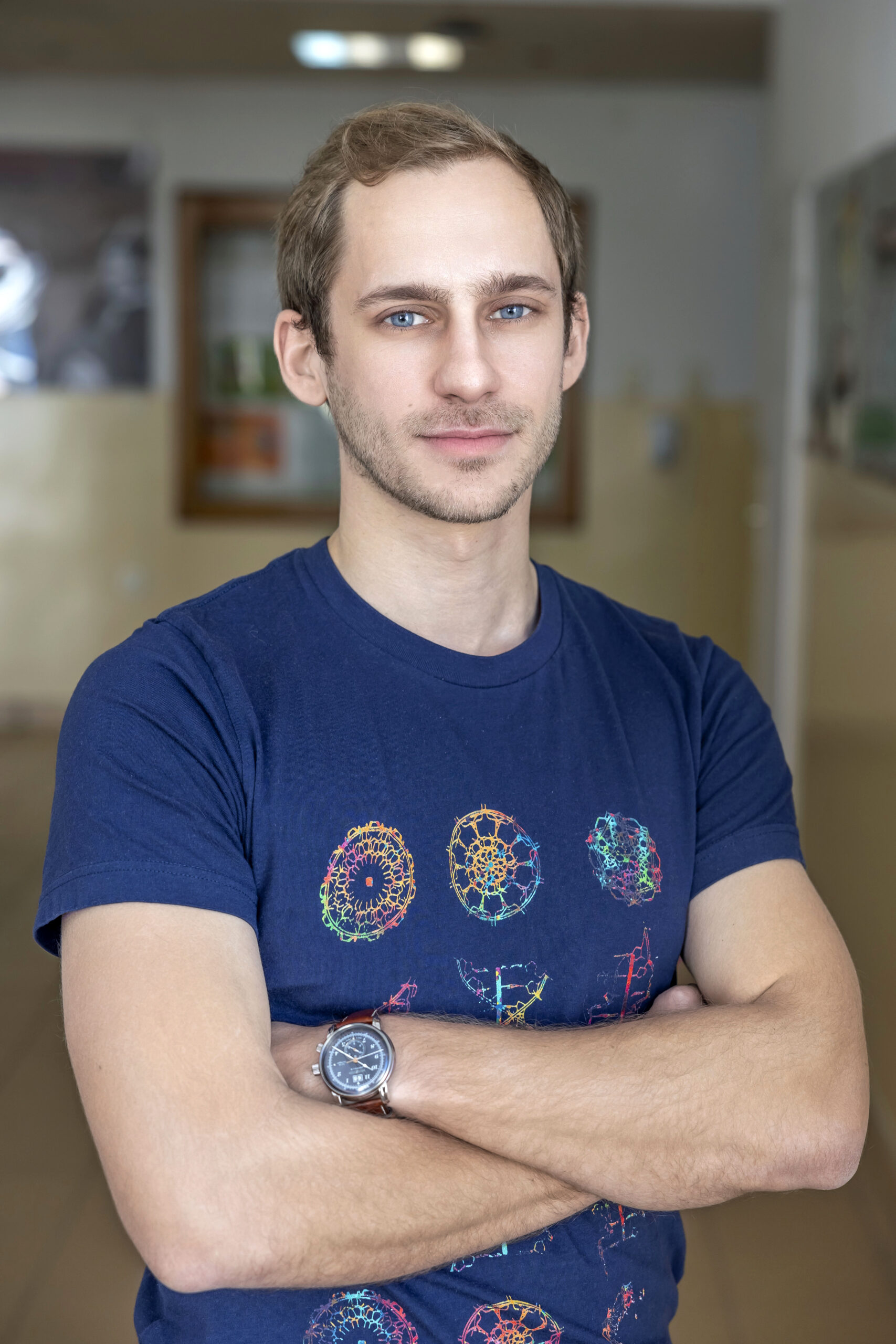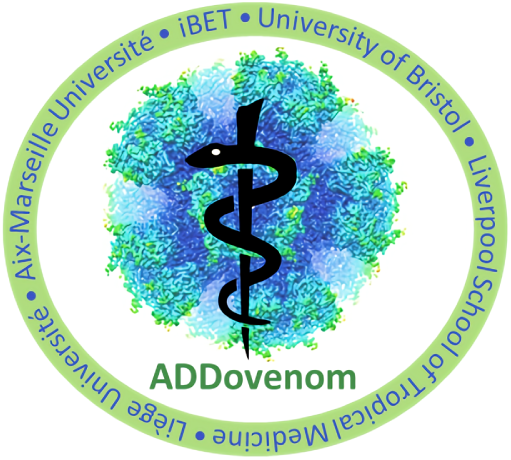For our Researcher Spotlight features, we interview members of the ADDovenom research team, to find out about their interests, their contributions to the project, and their hopes for the future of venom research.
Here, we speak with Konrad Hus, a Postdoctoral Research Associate at the University of Bristol.
Can you tell us briefly about your own research interests and background?
I have several years of experience working with snake venoms, utilizing mass spectrometry to characterize their composition but my previous work has also involved native toxin purification to better understand venom components. More recently, I’ve been engaged in studying venom-antivenom interactions using immunochemical techniques.
When did you first become interested in venom research?
My interest in venom research started during my Ph.D. in Poland when I joined a team studying snake venoms. Over the years, I’ve analyzed venoms from various snake species, with a specific emphasis on African spitting cobras.
What are your key responsibilities in the ADDovenom project?
Within the ADDovenom project, my main roles include expressing recombinant toxins, conducting ribosome display selections against these toxins, and subsequently characterizing the efficacy of selected binders in toxin neutralization. Additionally, I will be working on rejoining the most promising ADDobodies into fully functional ADDomers for further exploration.
What do you hope will be the main outputs from your work on ADDovenom?
My aim is to develop high-affinity ADDobody-binders and high-avidity ADDomers against critical venom toxins. I hope this can revolutionize antivenom therapy, providing a product that is safe, effective, and thermostable. Such progress has the potential to improve antivenom availability, affordability, and ultimately, to save lives while addressing the global snakebite envenoming crisis.
Can you tell us of one recent development in the world of venom research that has interested you?
Given my interest in mass spectrometry, I’m monitoring advancements aimed at overcoming limitations in identifying and quantifying snake venom proteomes. Specifically, I’m intrigued by the progress in hybrid MS approaches that combine ICP-MS sulfur detection for absolute quantification with molecular MS techniques for identifying venom peptides and proteins.
Is there anything else you would like to tell us?
I’m excited to be a part of this ambitious project and can’t wait to make a positive impact.


